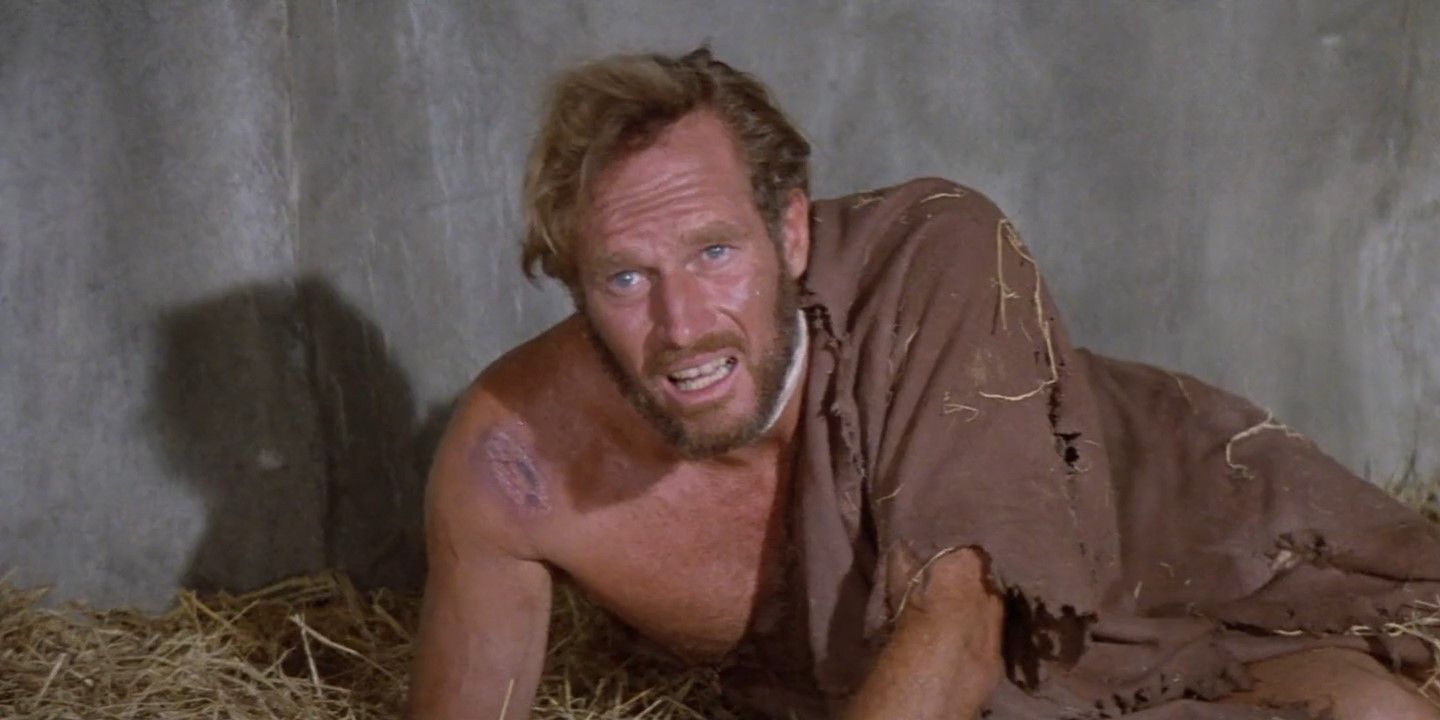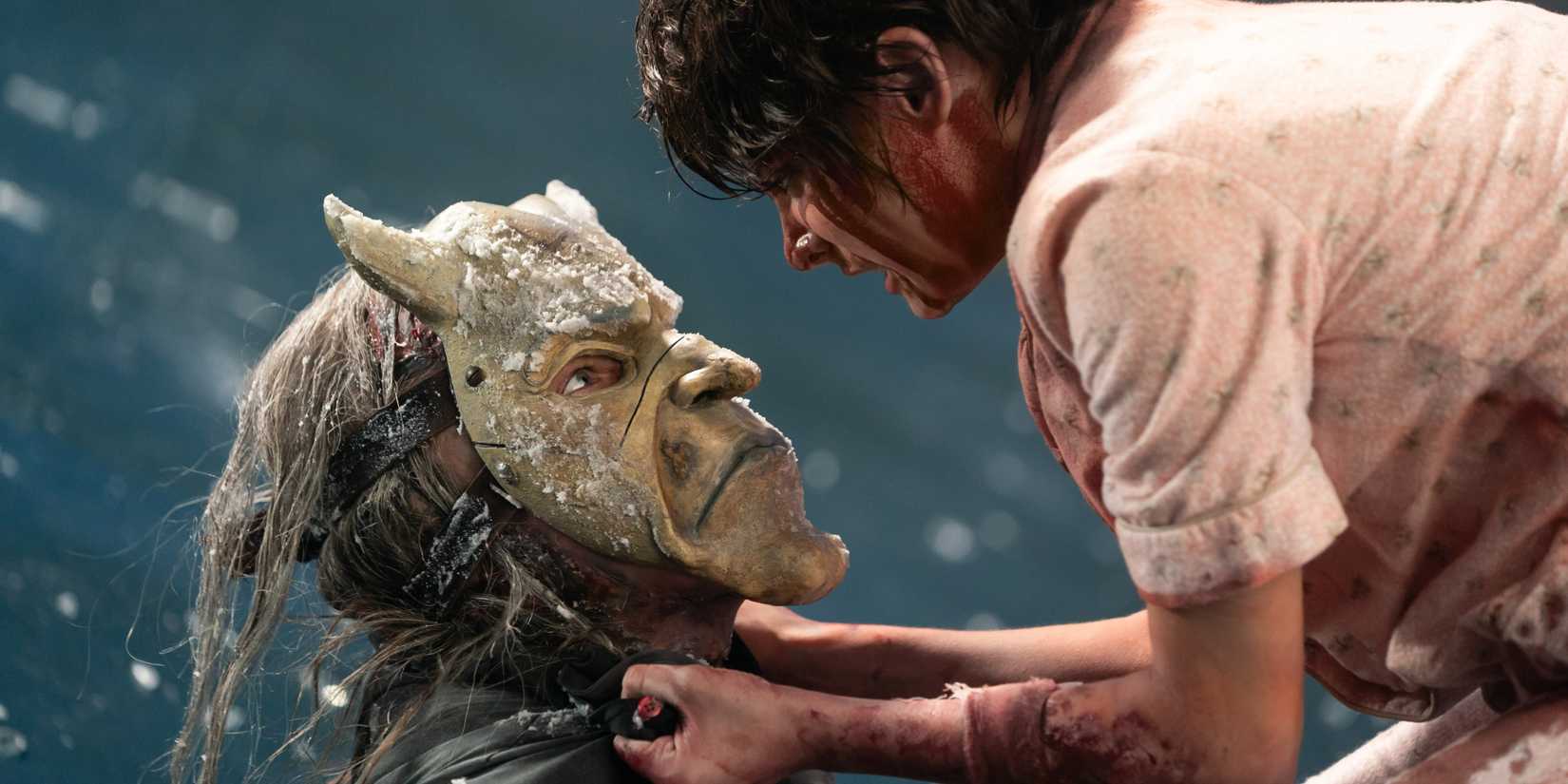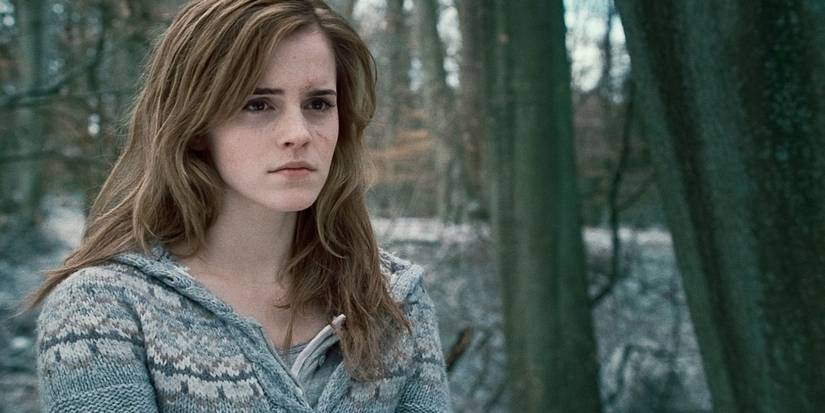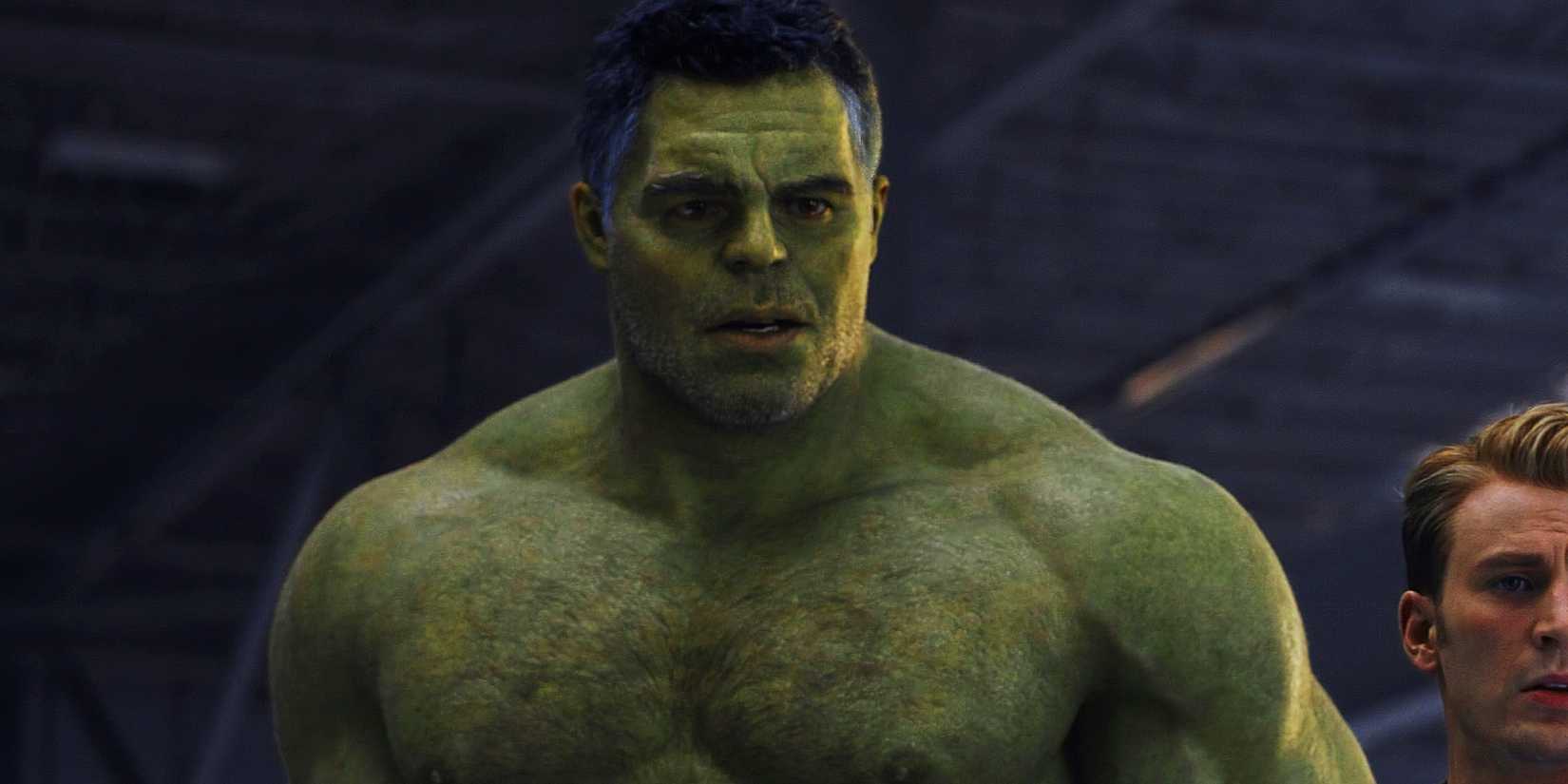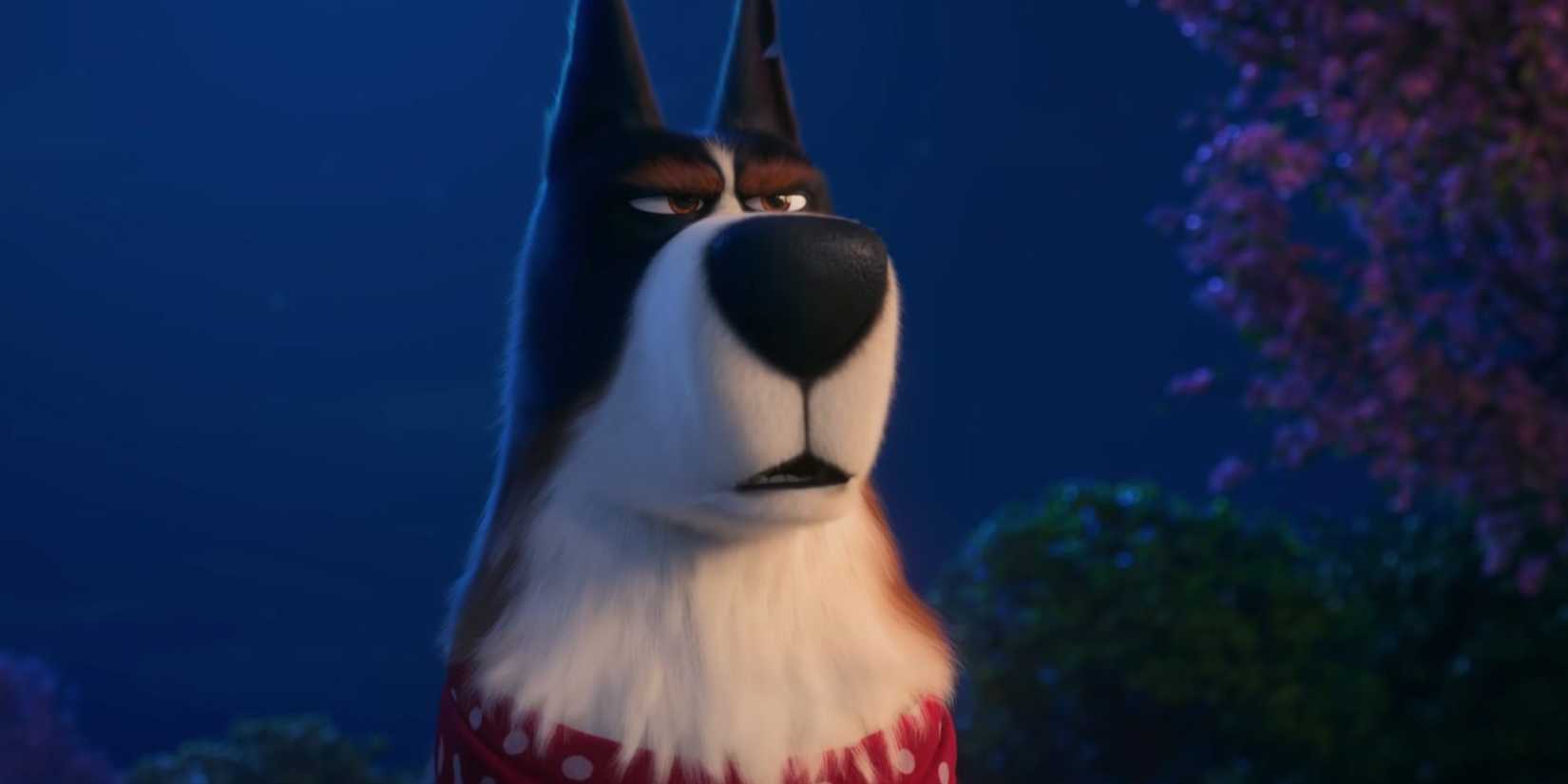Beneath the Planet of the Apes was released just a few years after the original film, but Charlton Heston was hesitant to reprise his role in the sequel. After the smashing success of 1968’s Planet of the Apes, it was only natural that 20th Century-Fox was clamoring to cash in on the box office appeal of the new sci-fi franchise. Therefore, Beneath the Planet of the Apes was rushed into development and would arrive shortly afterward in 1970. However, it was immediately clear that the first Planet of the Apes sequel was lacking something crucial.
Despite its decent box office success, Beneath the Planet of the Apes was not well-received by critics and still only holds a 37% rating on Rotten Tomatoes. The movie was often derided for its strange and dark tone, and Beneath the Planet of the Apes was noticeably bleak compared to its predecessor. Despite that, the sequel’s true limitation seemed to come from the fact that star Charlton Heston barely appears throughout the film. In fact, the Oscar winner almost didn’t appear in the sequel at all, but was convinced to appear in a small cameo role that bookends the story.
Why Charlton Heston Is Barely In Beneath The Planet Of The Apes
The Legendary Oscar-Winning Actor Didn’t Do Sequels
Throughout the early years of his career, Charlton Heston earned a reputation as the star of some of Hollywood’s biggest epics. He appeared in biblical stories like The Ten Commandments and Ben Hur, and splashy historical features like El Cid. Heston’s turn in Planet of the Apes was a career first (that being sci-fi), but the 1968 hit was an epic in its own right that rivaled some of the actor’s bigger movies in its scope. However, Heston had never done a sequel before, and they generally had a negative reputation at that point in Hollywood history.
Heston, like most major stars at the time, had a somewhat negative view of sequels and saw them as more opportunistic than artistic. Therefore, it seemed unlikely from the outset that he would return to reprise his role as Taylor in Beneath the Planet of the Apes. In the book Planet of the Apes Revisited, authors Edward Gross, Joe Russo, and Larry Landsman wrote that Heston had to be convinced to reprise his role, and that he only agreed with the caveat that Taylor would be killed at some point in the story.
Working around Heston’s demand that Taylor be killed is probably one of the reasons Beneath the Planet of the Apes‘ script is so inconsistent.
The actor’s unwillingness to come back wasn’t likely due to the script, since Heston’s story demands had a profound impact on the way the plot unfolds. While it’s impossible to know exactly how far along the film’s development was when Heston agreed to join the cast, the story was probably not finalized. Working around Heston’s demand that Taylor be killed is probably one of the reasons Beneath the Planet of the Apes‘ script is so inconsistent.
How A Bigger Role For Charlton Heston Would Have Changed The Original Franchise
The Planet Of The Apes Probably Wouldn’t Have Been Destroyed
One of the trickiest narrative challenges presented by Beneath the Planet of the Apes is that the тιтular world (Earth in the distant future) is utterly destroyed in the final scene. Beneath ends with Taylor detonating the doomsday bomb which quite literally blows up the entire planet. This fulfilled Heston’s desire for Taylor to die, and was theoretically the end of the franchise itself. However, Escape from the Planet of the Apes came a year later and cleverly retconned things by showing a few ape characters escaping before the planet blew up.
James Franciscus plays the role of Brent in Beneath the Planet of the Apes, an astronaut very similar to Heston’s Taylor.
If Charlton Heston would have been more enthusiastic about reprising the role of Taylor for Beneath the Planet of the Apes, things would certainly have gone in a different narrative direction. Not only would the first sequel not have been so disjointed and bleak, the planet probably wouldn’t have been destroyed. This would have opened the door for more sequels that take place during the time of ape rule, and wouldn’t have required a complicated time-travel plot set in the modern day.
The original Planet of the Apes series includes:
|
Movie |
Release Year |
Rotten Tomatoes Score |
|---|---|---|
|
Planet of the Apes |
1968 |
86% |
|
Beneath the Planet of the Apes |
1970 |
37% |
|
Escape from the Planet of the Apes |
1971 |
75% |
|
Conquest of the Planet of the Apes |
1972 |
52% |
|
Battle for the Planet of the Apes |
1973 |
33% |
The end of the world in the Planet of the Apes movies is somewhat complicated and was changed a few times. However, that convoluted timeline would have been more intact had Beneath the Planet of the Apes been a more straightforward sequel. Like the disturbances to the timeline in future sequels, Charlton Heston’s decisions regarding Beneath the Planet of the Apes had profound implications for the future of the beloved science fiction franchise.
